Buying a home in Vancouver can feel like a huge milestone, whether you’re a first-time homebuyer in Vancouver, an investor, or a family relocating to the city or nearby suburbs like Burnaby, Surrey, or Richmond. But before jumping into listings or open houses, the big question remains: how much house can I afford in Vancouver?
This guide breaks down what affordability really looks like in 2025, how to calculate your true budget, and what costs to plan for beyond your down payment.
Vancouver Home Affordability in 2025
As of 2025, Vancouver real estate prices have stabilized after several years of fluctuation. The average benchmark price for a home across Metro Vancouver sits around $1.15 million, though that varies widely depending on the property type and neighborhood.
-
Condos: Average around $760,000
-
Townhouses: Around $1.05 million
-
Detached homes: Around $1.95 million
Surrounding areas such as Burnaby, Richmond, and Surrey often offer more affordable options, with prices generally 15–30% lower than central Vancouver. Surrey in particular continues to attract first-time buyers and investors alike, thanks to newer developments and better access to transit.
Even with prices softening slightly, Vancouver home affordability remains one of the most pressing challenges for local buyers. That’s why understanding your total cost of buying a home in Vancouver is essential before you make an offer.
How to Figure Out What You Can Afford
The key is to look beyond the purchase price. When most people ask, “How much house can I afford in Vancouver?” they’re really asking two questions:
-
What is the maximum mortgage I can qualify for?
-
What is the monthly cost I can comfortably handle?
A good way to start is with a Vancouver mortgage calculator. You can enter your income, down payment, and interest rate to estimate your monthly mortgage payments. But keep in mind: calculators only show part of the picture. You’ll also need to factor in taxes, insurance, utilities, maintenance, and any strata fees if you’re buying a condo or townhouse.
Step 1: Understand the Down Payment Requirements in BC
In British Columbia, down payment rules depend on your purchase price:
-
5% of the first $500,000
-
10% of the portion between $500,000 and $999,999
-
20% for homes priced at $1 million or more
For example, if you buy a $900,000 condo, your minimum down payment would be about $65,000. But if you’re buying a $1.2 million detached home, you’ll need at least $240,000 up front.
The down payment requirements in BC are one of the biggest hurdles for first-time buyers, but there are programs that can help, like the Home Buyers’ Plan or the First Home Savings Account (FHSA). These allow you to use tax-advantaged savings or RRSP withdrawals for your purchase.
Step 2: Estimate Your Monthly Mortgage Payments
Let’s say you’re buying a $900,000 home with a 10% down payment ($90,000). That leaves an $810,000 mortgage. Assuming a 5-year fixed rate of 5.29% and a 25-year amortization, your monthly mortgage payments in Vancouver would be about $4,900.
Add in other costs:
-
Property tax: ~$300–$500/month
-
Strata fees (for condos/townhouses): ~$400–$800/month
-
Insurance and maintenance: ~$150–$250/month
That means your real monthly cost could be closer to $5,800–$6,200.
When budgeting, aim to keep total housing costs under 35% of your gross income, which is what lenders use to calculate your Gross Debt Service (GDS) ratio.
Step 3: Account for Closing Costs and Other Fees
The home buying costs in Vancouver don’t stop with your down payment. You’ll also need to plan for:
-
Property Transfer Tax (PTT): 1% on the first $200,000, 2% up to $2 million, and 3% above that.
-
First-time buyers may be exempt for properties under $835,000.
-
-
Legal fees and disbursements: $1,000–$2,500
-
Home inspection: $400–$800
-
Appraisal fee: $300–$500
-
Title insurance and land registration: $200–$400
-
Moving costs: $1,000–$3,000
-
GST (on new homes): 5%, though rebates may apply for homes under $450,000
In total, closing costs typically add up to 3–4% of the purchase price, so make sure you budget accordingly.
Step 4: Consider Ongoing Ownership Costs
Homeownership in Vancouver isn’t just about your mortgage. You’ll also have regular expenses such as:
-
Utilities (gas, electricity, water): $250–$400/month
-
Home insurance: $1,200–$1,800/year
-
Maintenance and repairs: Plan for at least 1% of your home’s value annually
-
Strata fees: Can range from $300 to $1,000/month depending on building size and amenities
These are important to include when assessing Vancouver home affordability, especially for condos with higher shared costs.
Affordability Breakdown by Property Type
Condos
Condos are often the entry point for a first-time homebuyer in Vancouver. With average prices around $760,000, a 10% down payment would be roughly $76,000. Expect monthly payments between $4,000–$4,500 including strata fees.
Condos in Surrey or Burnaby can start as low as $550,000, while central Vancouver condos are typically higher due to location and amenities.
Townhouses
Townhouses offer more space and flexibility for families. The average cost across Metro Vancouver is about $1.05 million, requiring a down payment of $105,000–$210,000 depending on the price.
Monthly mortgage payments, insurance, and strata fees often total $5,500–$6,000. Richmond and Port Coquitlam continue to be attractive options for affordability.
Detached Homes
Detached homes remain the dream for many families, but with an average price near $1.95 million, they’re out of reach for most first-time homebuyers in Vancouver.
With a 20% down payment ($390,000), expect monthly costs of $9,000–$10,000 including taxes and maintenance.
If you’re open to commuting, places like Surrey, Langley, and Maple Ridge offer detached homes starting from $1.1 million — a substantial difference in affordability.
Understanding the Vancouver Housing Market 2025
The Vancouver housing market 2025 is showing signs of balance after a few volatile years. Higher interest rates have cooled demand, giving buyers more breathing room. Inventory has increased slightly, and sellers are becoming more flexible on pricing.
Economists project modest price growth through the end of 2025, with some segments — especially condos and townhouses — remaining stable. Detached homes may see small price declines in certain neighborhoods as affordability challenges persist.
For investors, rental demand remains strong, especially near transit corridors and universities. Vacancy rates in Metro Vancouver remain below 1.5%, supporting healthy long-term appreciation.
Tips for First-Time Homebuyers in Vancouver
-
Get pre-approved early.
This gives you a clear picture of your buying power and helps you act quickly when you find the right property. -
Explore different neighborhoods.
Look beyond downtown — Burnaby, Surrey, and Richmond all offer strong value and excellent amenities. -
Budget realistically.
Don’t max out your mortgage approval. Leave room for future expenses or interest rate changes. -
Use a Vancouver mortgage calculator often.
Update it as you view different properties so you stay grounded in real numbers. -
Review strata documents carefully.
For condos, read depreciation reports and financial statements to avoid future assessments. -
Understand down payment rules.
Familiarize yourself with the current down payment requirements in BC, and explore programs like FHSA to save more efficiently. -
Work with a knowledgeable agent.
An experienced REALTOR® who understands local pricing trends and building histories can save you money — and stress.
For Real Estate Investors
For investors, Vancouver home affordability also means balancing cash flow and appreciation potential. Consider these points:
-
Condos and townhouses in transit-oriented neighborhoods like Brentwood, Metrotown, and Surrey City Centre offer solid rental yields.
-
Pre-construction properties can provide entry at today’s prices with future upside.
-
Short-term rentals are limited by city bylaws, so always verify zoning and licensing.
-
Leverage equity wisely — rising interest rates affect returns, so calculate both gross and net yields carefully.
Smart investing in 2025 means understanding where demand is shifting. Families and young professionals are increasingly looking outside the downtown core, driving growth in more affordable suburbs.
Example: What $1 Million Buys You in Different Areas (2025)
| Area | Property Type | Approx. Price | Estimated Monthly Payment (5.29%) | Notes |
|---|---|---|---|---|
| Downtown Vancouver | 1-Bed Condo | $850,000 | $4,700 | High strata, premium location |
| Burnaby | 2-Bed Condo | $780,000 | $4,300 | Close to SkyTrain, newer builds |
| Richmond | 3-Bed Townhouse | $1,000,000 | $5,400 | Family-friendly, steady demand |
| Surrey | Detached Home | $1,100,000 | $6,000 | Larger lots, lower prices |
| North Vancouver | Townhouse | $1,200,000 | $6,600 | Strong schools, active market |
How to Calculate Your Real Budget
If you’re unsure where to start, follow this quick formula:
-
Add up your net household income (after taxes).
-
Multiply it by 0.35 — that’s your max housing allowance.
-
Use that to determine your maximum monthly payment.
-
Plug that number into a Vancouver mortgage calculator to see what price range you can target.
Example:
If your combined household income is $160,000 per year, your maximum housing cost should be around $4,600/month. That would support a purchase price of roughly $850,000–$900,000 depending on your down payment and interest rate.

The Bottom Line
Buying a home in Vancouver is still achievable — but it requires clear math, realistic expectations, and good advice. Whether you’re a first-time buyer, investor, or relocating family, knowing your true affordability is the key to making a confident purchase.
The cost of buying a home in Vancouver goes far beyond the sticker price, so take the time to understand every line item — from down payments to closing costs, to monthly expenses.
And most importantly, remember that affordability isn’t just financial. It’s about creating a life in a place you love, without overextending yourself.
Thinking about buying a home in Vancouver or the surrounding suburbs?
Let’s figure out what you can truly afford — and where your money goes furthest.
Contact Adam Chahl and the PLACE Real Estate Team – Oakwyn Realty for expert guidance, market insights, and personalized strategies for your next move. Whether you’re buying your first condo or expanding your investment portfolio, Adam’s data-driven approach will help you make confident, informed decisions.
FAQs
1. What is the average cost of buying a home in Vancouver in 2025?
The average home price in Vancouver sits around $1.15 million in 2025. Condos average about $760,000, while detached homes are closer to $1.95 million. Prices are generally 15–30% lower in nearby areas like Burnaby, Surrey, and Richmond.
2. How much down payment do I need to buy a house in Vancouver?
In BC, you’ll need 5% on the first $500,000, 10% on the portion up to $999,999, and 20% for any property priced at $1 million or more. For example, a $900,000 home requires about $65,000 as a minimum down payment.
3. What are the typical monthly mortgage payments in Vancouver?
With 2025 mortgage rates averaging around 5.29%, a $900,000 home with a 10% down payment comes to roughly $4,900 per month, excluding taxes and fees. Using a Vancouver mortgage calculator can help refine the estimate based on your situation.
4. What other costs should I budget for when buying a home?
Beyond your down payment, plan for closing costs (3–4% of the purchase price), legal fees, inspections, insurance, and ongoing expenses like utilities and strata fees. These can add hundreds of dollars to your monthly total.
5. Is 2025 a good time to buy a home in Vancouver?
Yes — for many buyers, 2025 presents an opportunity. The Vancouver housing market 2025 is more balanced, giving buyers more negotiation power and time to make informed decisions. Lower price growth and stable rates are helping restore affordability across many neighborhoods.
#cta-coal-harbour#
MLS® Listings in Coal Harbour | Vancouver Real Estate


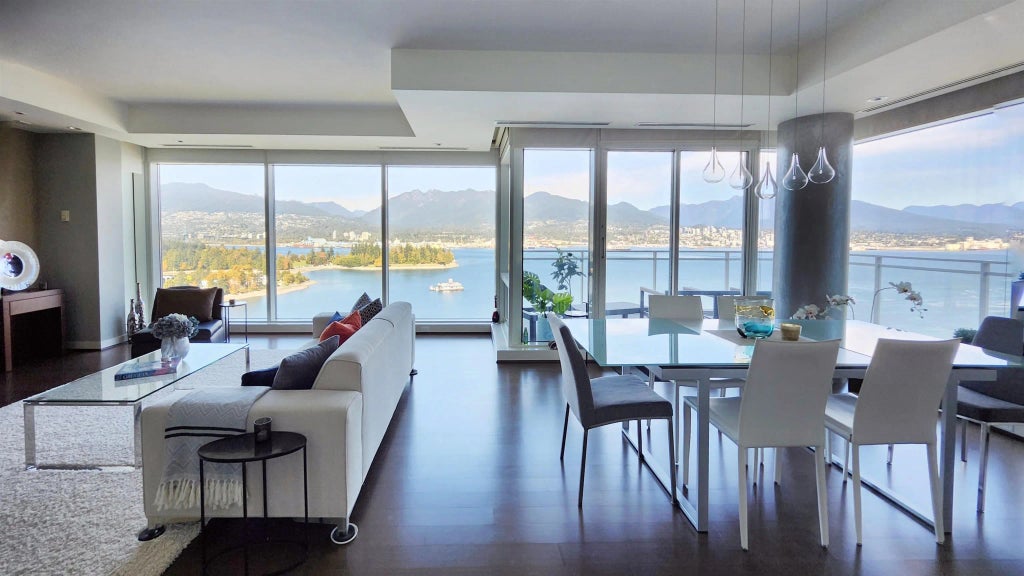

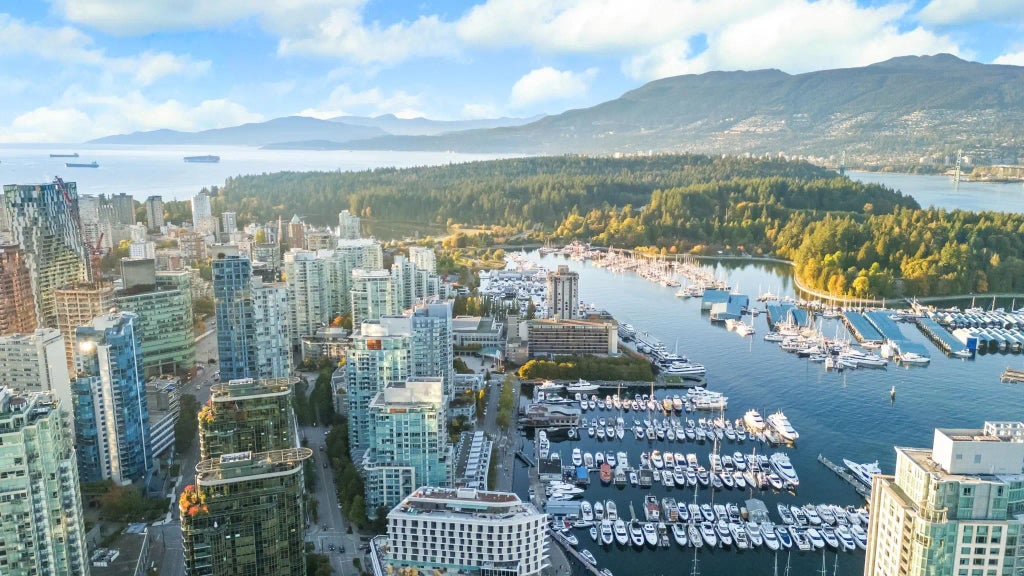
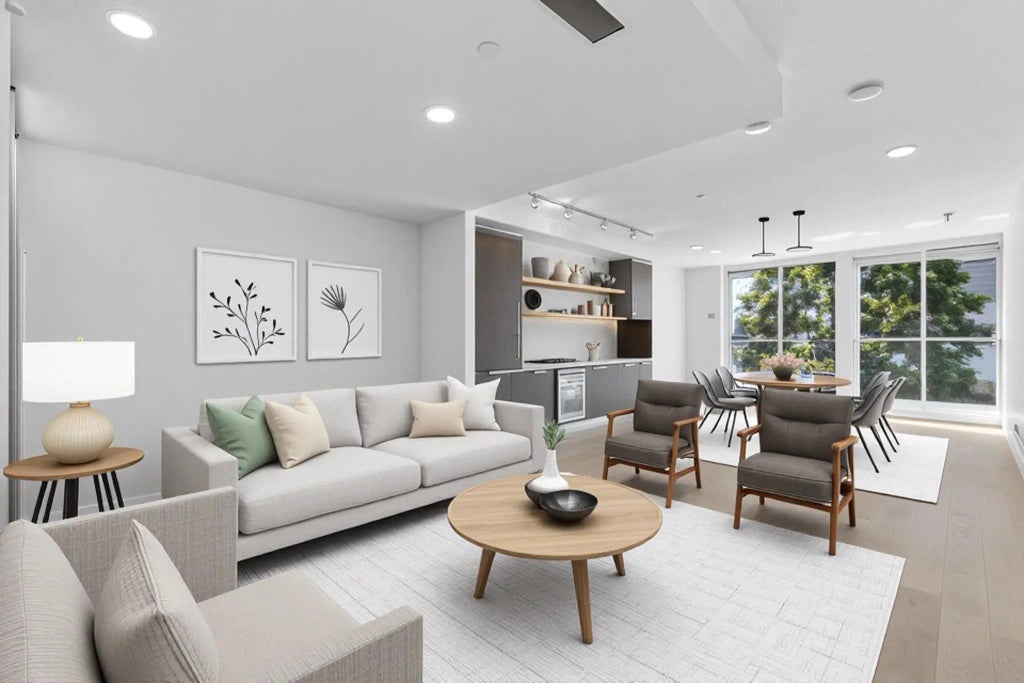
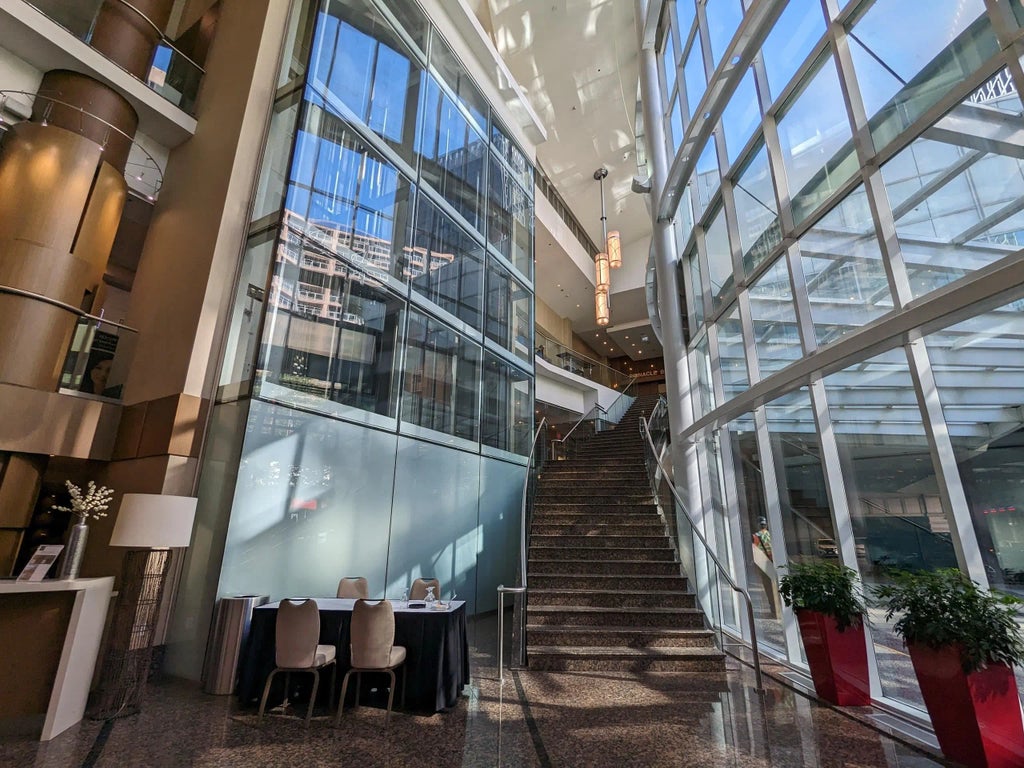
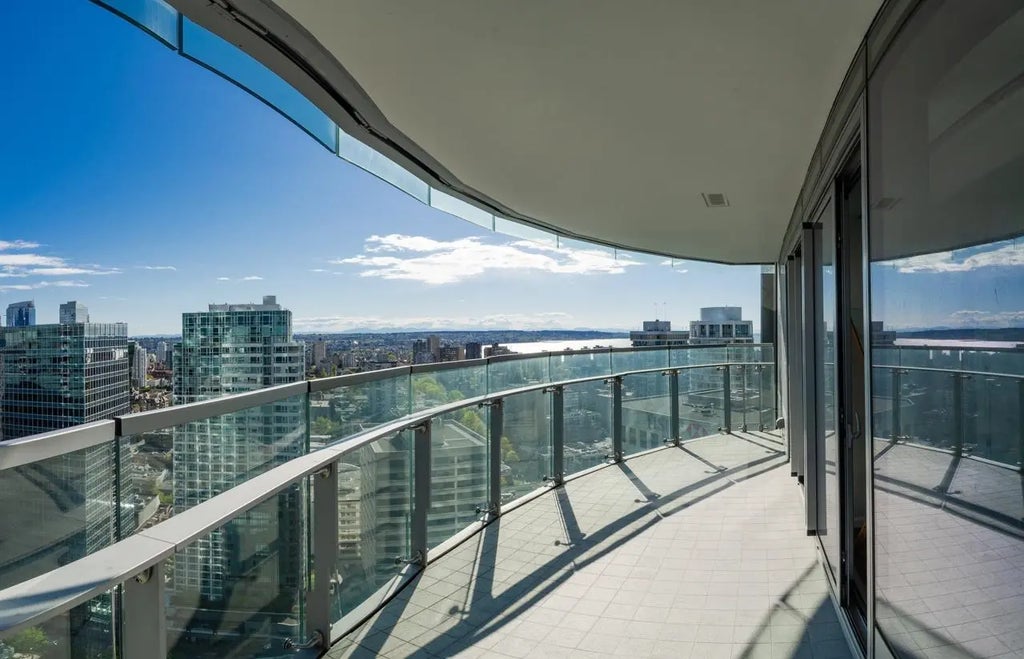
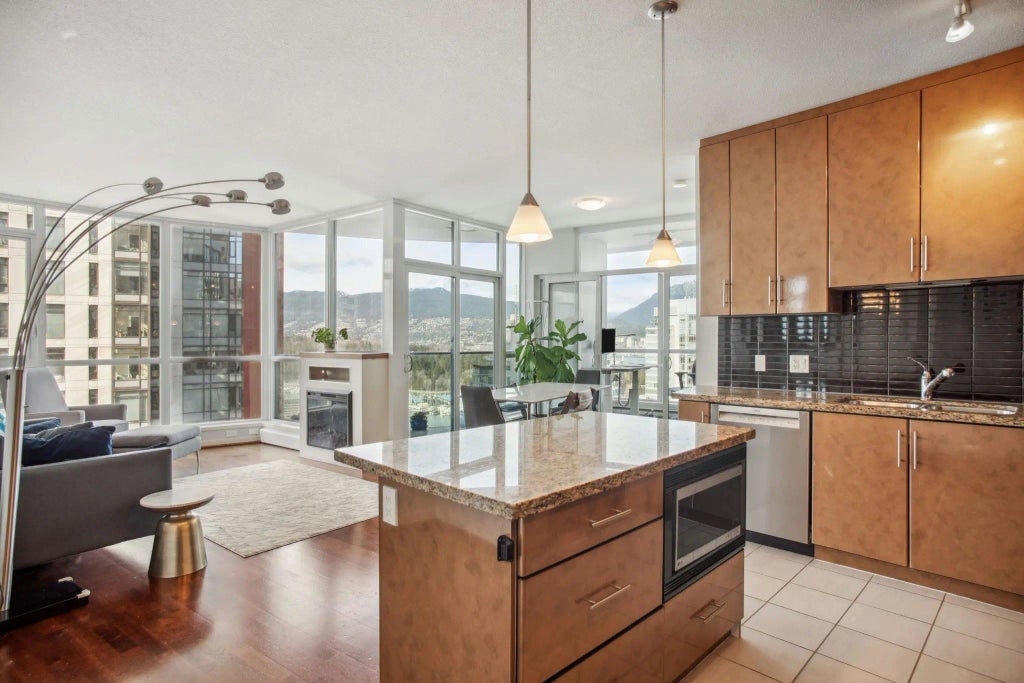
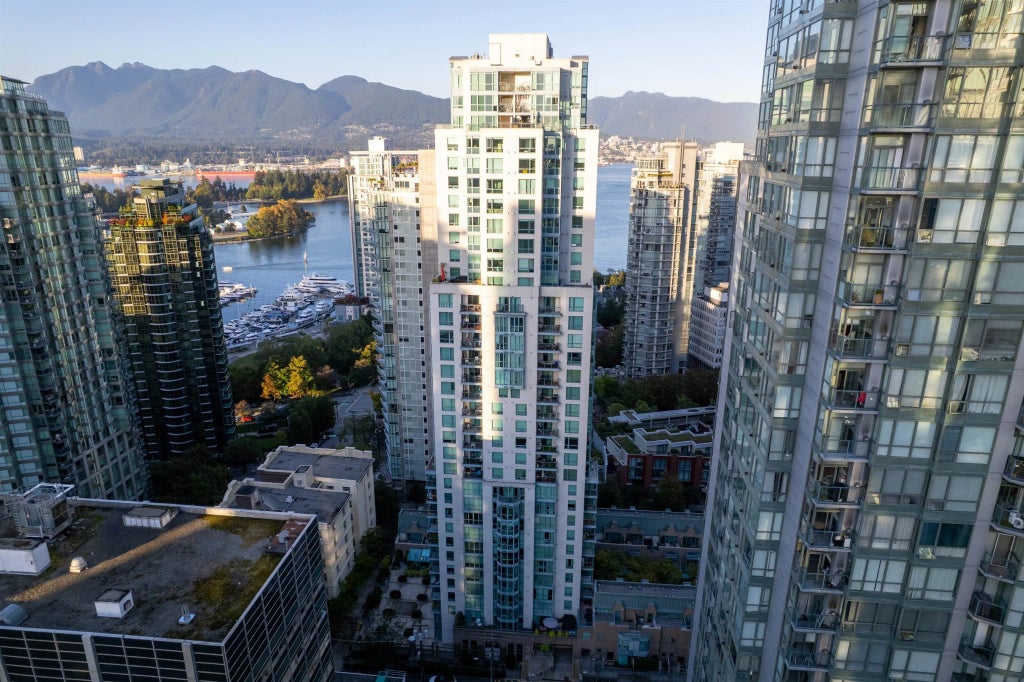
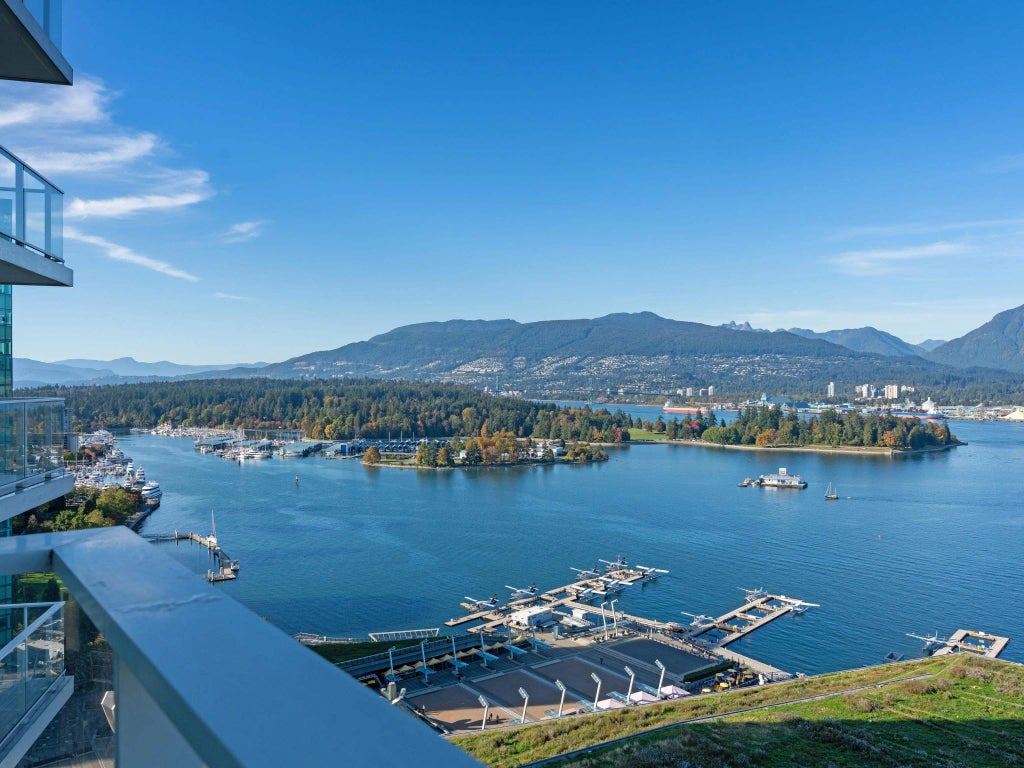

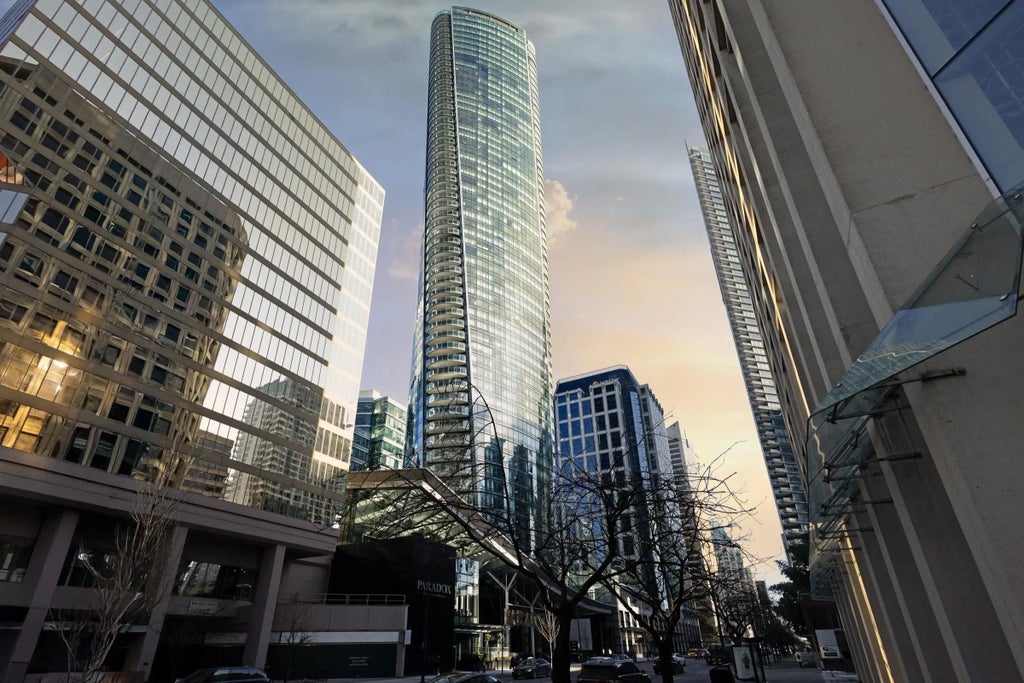
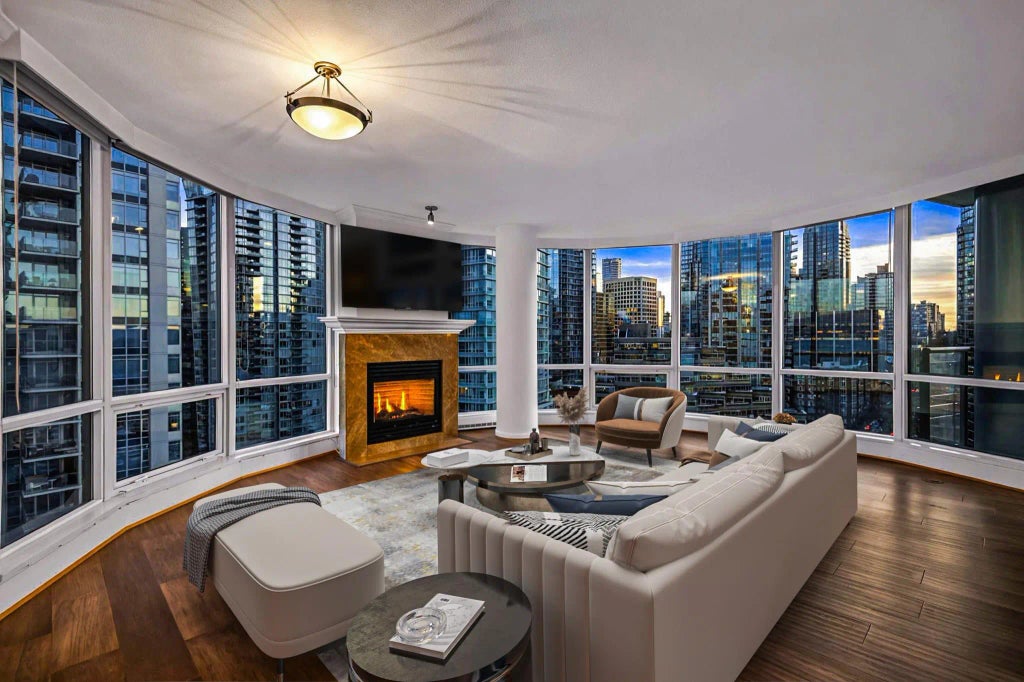
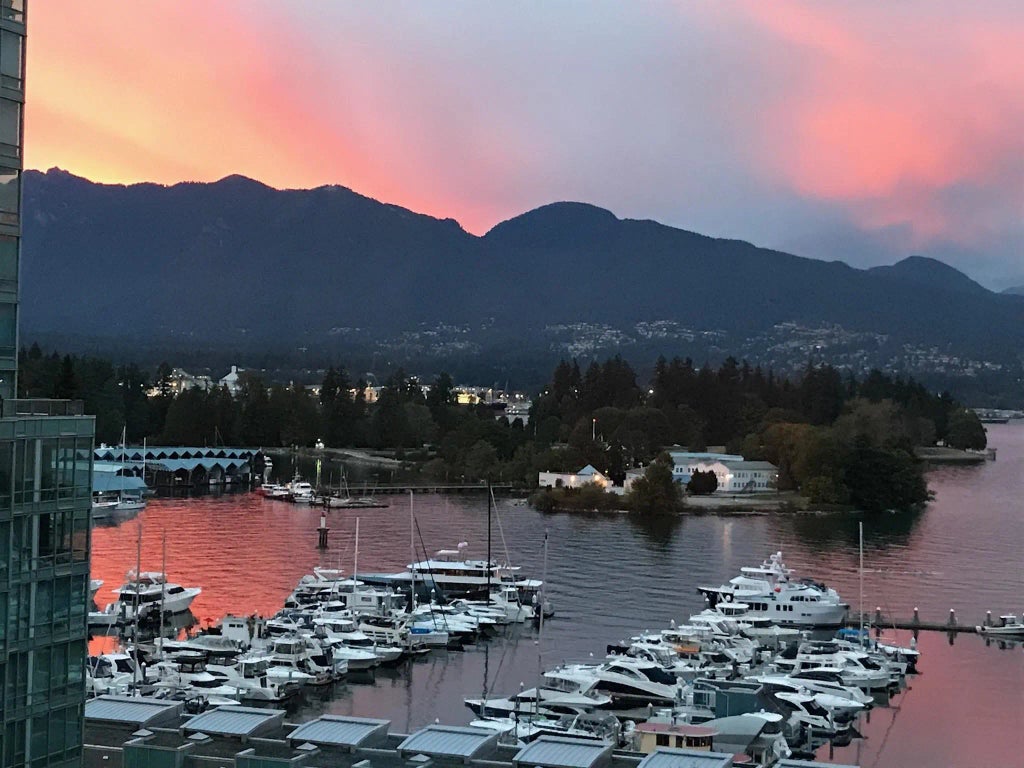
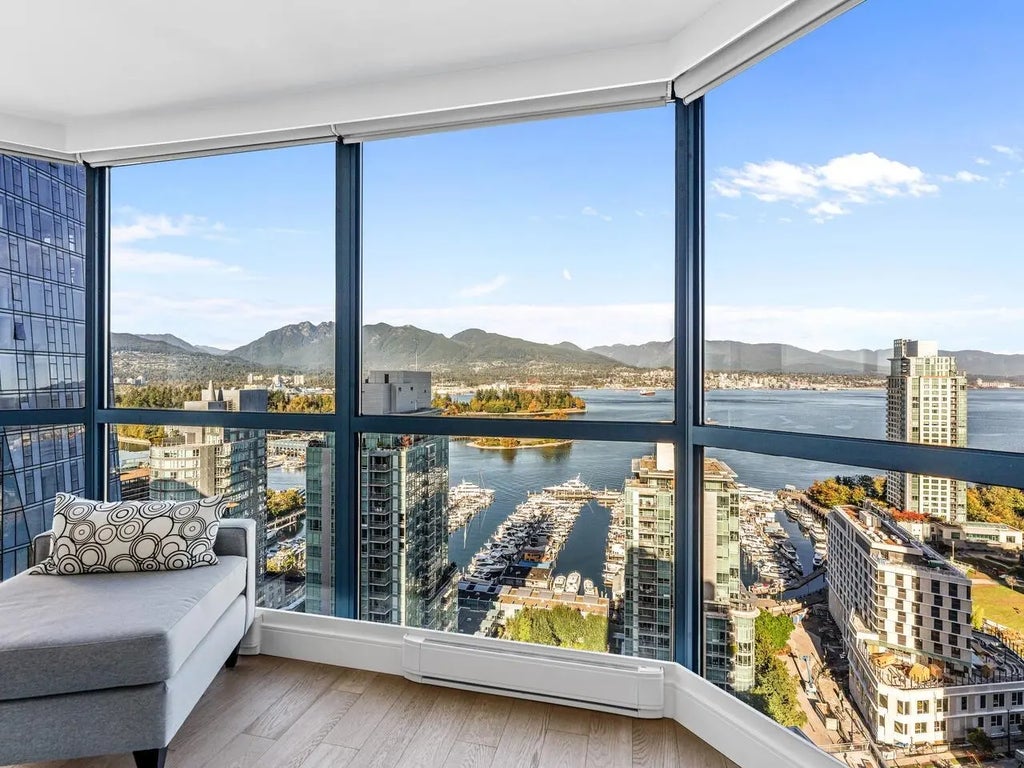
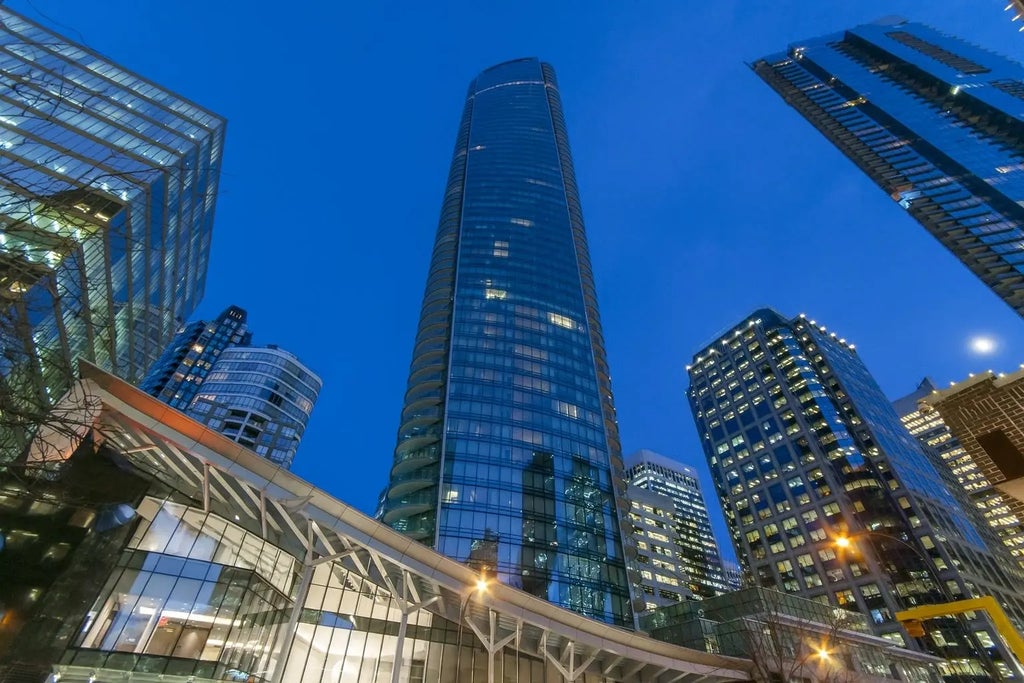
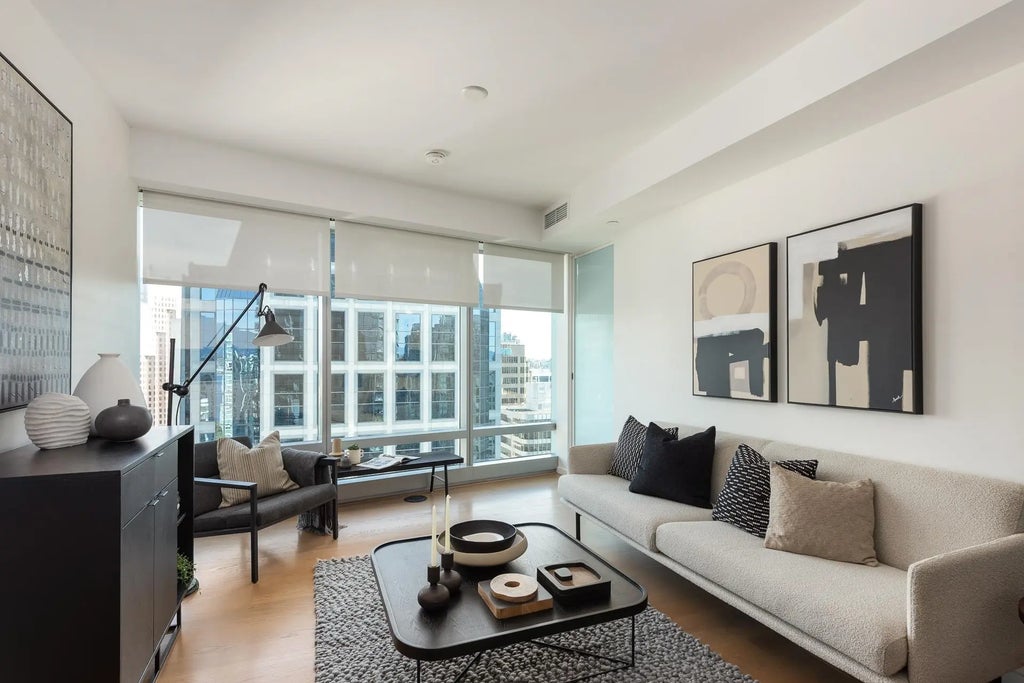
Leave A Comment